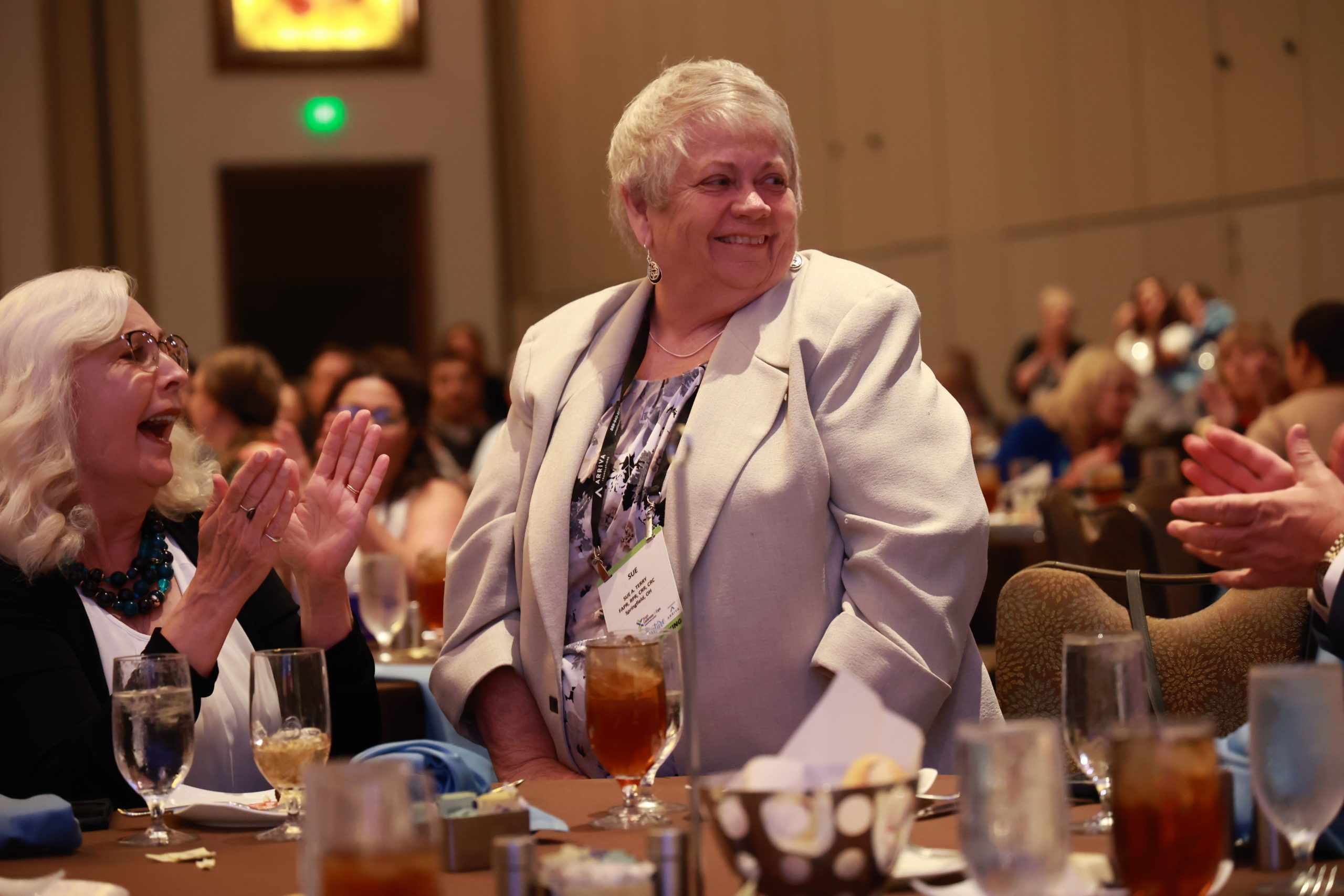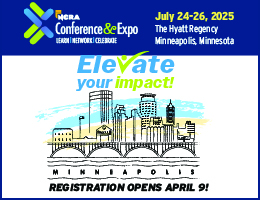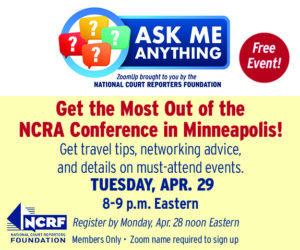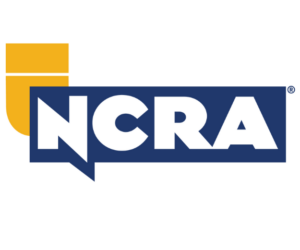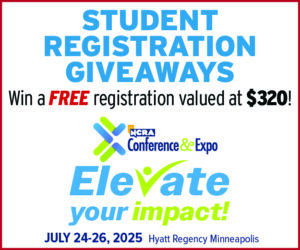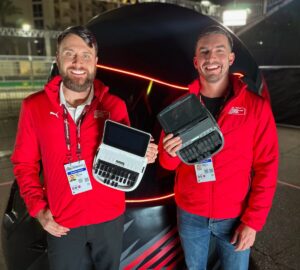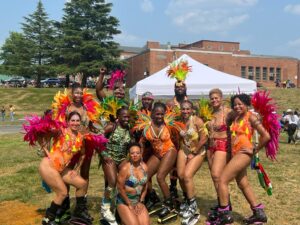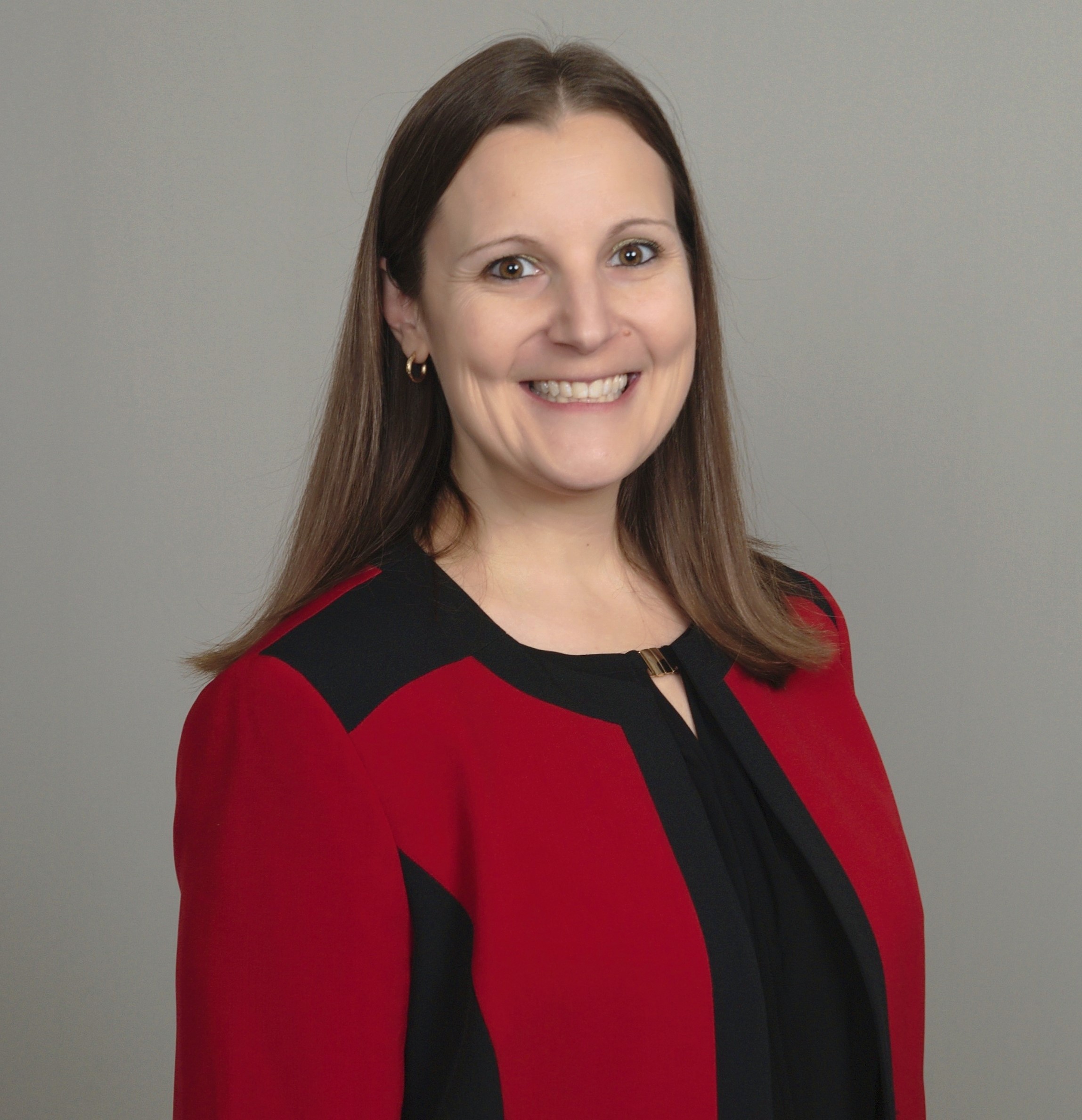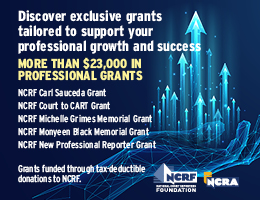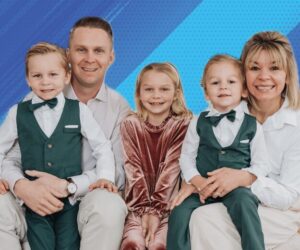Sue A. Terry, FAPR, RPR, CRR, CRC, is a court reporter and captioner from Springfield, Ohio. Terry also chairs the NCRA STRONG Task Force, which is dedicated to promoting stenographic captioning and court reporting as the best means to maintain the accuracy and integrity of the record.
She was honored at the 2022 NCRA Conference & Expo in Orlando, Fla. where she was awarded both the 2022 Distinguished Service Award (DSA) and the National Court Reporters Foundation’s The Jim Bouley Family Lifetime Award for Altruism, making her the first person to receive both honors in the same year.
We recently interviewed Terry on a variety of topics ranging from her storied career to where she sees the fields of court reporting and captioning headed.
JCR | How did it feel to earn both The Jim Bouley Family Lifetime Award for Altruism and the Distinguished Service Award in Orlando?
SAT | I see you put the hardest question first. After receiving the DSA, I thought, “Well, this day will be the best professional day of my life.” In my wildest dreams, I didn’t imagine I would hear my name called [again] the next day. In fact, when they said my name for the Altruism Award, I sat still for a minute because I thought someone had pulled some script from the day before and just read my name in error, a mistake. And I’ll never forget looking up and seeing Michael Bouley smiling and looking at me, and that’s when the realization hit that it really was my name. I’ve had many great days in this profession, but I know there will never be another day or moment that I will be more thankful to have made the choices that led me to be involved in the work of the associations. As I told Michael later, I intend to continue working hard for our profession because I want to always be sure the generosity and spirit of the Bouley family and the work of our NCRA Foundation is honored through continued service.
JCR | How did you first learn about court reporting and what was your first impression?
SAT | I was quite young and working as a legal secretary, and that’s how I encountered my first court reporter. I was immediately intrigued and knew it’s what I wanted to do. I loved my job as a legal secretary, so becoming a court reporter seemed like the next logical step. I went to school two evenings a week from 7 p.m. to 10 p.m. (after working all day!) and most of my practice time was weekends. Oh, yes, and I had a two-year-old and discovered I was also expecting my second child during theory. Still the best decision ever.
JCR | What is something you’d like to share with the next generation of court reporters?
SAT | One thing I’d like to share with the next generation of court reporters is to not be afraid to challenge yourself. This is a highly rewarding profession, but it doesn’t come to your doorstep just because you passed your speed tests. You must experience the many highs and lows that eventually help you to realize your talent and worth, and that’s what keeps you always changing, getting better, trying new things. I remember when realtime was just getting off the ground, and I knew instantly that that was my passion and what I wanted to do. However, all my family ties were to Springfield, Ohio, and believe me, there was no call for realtime in Springfield, Ohio. So for the next 15 years, I climbed on an airplane at least twice a week to pursue my realtime career. It didn’t come to me, but I went to it. Never a regret either. I had my family, my community roots, the support system a good reporter needs, and still pursuing the dreams from Springfield, Ohio.
JCR | How has being a member and serving NCRA in various roles made a difference in your career?
SAT | Serving the various roles in different professional associations has, first and foremost, provided me with strong friendships, and through those friendships, your own professional knowledge base just grows in all aspects. When a group of reporters get together, we ARE going to talk shop. We learn from one other: What computers do you like? What steno machine do you like? What CAT system do you prefer? Why? How can we make this association better? How do we best promote to external audiences our important role in the legal system? There’s just no better place to do all the above than participating in the work of associations. Pick whatever point in time in life that works best for you to serve, but don’t shortchange yourself by not finding the right time. We all need to do our part. And, most importantly, if you decide to serve a committee or office, then put yourself into it. Do the work. You won’t be sorry, I promise.
JCR | Is there a funny or profound experience as a court reporter you would like to share?
SAT | Well, like most of our readers here, there’s never a dull moment, but many of those moments are not appropriate for print. I think that’s what we all love about this profession. I will share one funny experience. I was at Ohio State University getting ready to do an expert doctor’s deposition. I knew all the counsel involved so I was comfortable with everyone. This is in the days when you had to put coins into soda machines. We were on a brief break, and everyone was thirsty. We were looking for enough coins to get a soda for everyone. The doctor was fumbling for change, and both attorneys, too, when one of the attorneys said, “We should ask the court reporter; they make the most money in here.” The doctor said, “So I’ve heard. I’ve always wondered why that is.” As I was searching for my loose change for them in the bottom of my purse, the perfect answer came to mind. I said, “Why, doctor, that’s because we are required to spend every working day with doctors and lawyers. Who would do that for pennies?” We all had a good laugh.
JCR | How does the future of court reporting and captioning look to you?
SAT | For the 47 years I’ve been in this profession, I have never doubted the future of court reporting and captioning, and that is still the case today. Electronic recording and automatic speech recognition do not generate transcripts. Stenographic reporters and captioners provide the accuracy, accountability, and privacy/security protections that are paramount to our justice system. Whenever I hear someone say we are headed for extinction, I think of the recent “Top Gun” movie and the scene where Tom Cruise was told, “Your kind is headed for extinction, Maverick.” His response was, “Maybe so, sir. But not today.” That is exactly how I view this profession. We are integral to the judicial system.
JCR | Having served as President of NCRA, what advice would you offer somebody who would like to serve as well?
SAT | I would say to be sure that the time is right for you and that you have the time to devote to serving. Most presidents I have known have given up a great deal of income and personal time. If you’re not ready to commit to that, wait until there’s a better time in your life to serve. I think I would also say that if you are fortunate enough to be selected by our membership, then keep their interests top of mind when making decisions. They’ve entrusted you with their future.
Bottom line: Step up, do your best, leave with no regrets. Serving is a privilege not everyone gets, so use your time wisely.
JCR | What do you believe is the best way to advocate for court reporting and captioning?
SAT | There are so many opportunities we all have every single day. I think one way we need to advocate is to not be afraid to have dialogue with decision-makers. A great way to prepare yourself and gain confidence to do that is to participate in your state and national organizations. Arm yourself with as much information as you can gather to have good dialogue at every opportunity that presents itself. Look for them. Volunteer for them. Get better with each additional encounter. Then share your techniques and experiences with other reporters to encourage them to do the same.
JCR | Why do NCRA certifications and CEUs matter?
SAT | An obvious benefit of certifications is that they are an affirmation to a prospective employer or client that you’ve achieved a certain level of knowledge, experience, and expertise. CEUs provide updates on new technologies, changes occurring in your field, and also offer the greatest opportunity for networking.
JCR | If you had to summarize your experience in the world of court reporting and captioning with one word, what would it be and why?
SAT | I think that word would have to be “extraordinary.” Extraordinary friendships. Extraordinary opportunities. Extraordinary people. Extraordinary learning experiences. Extraordinary life it provides.
